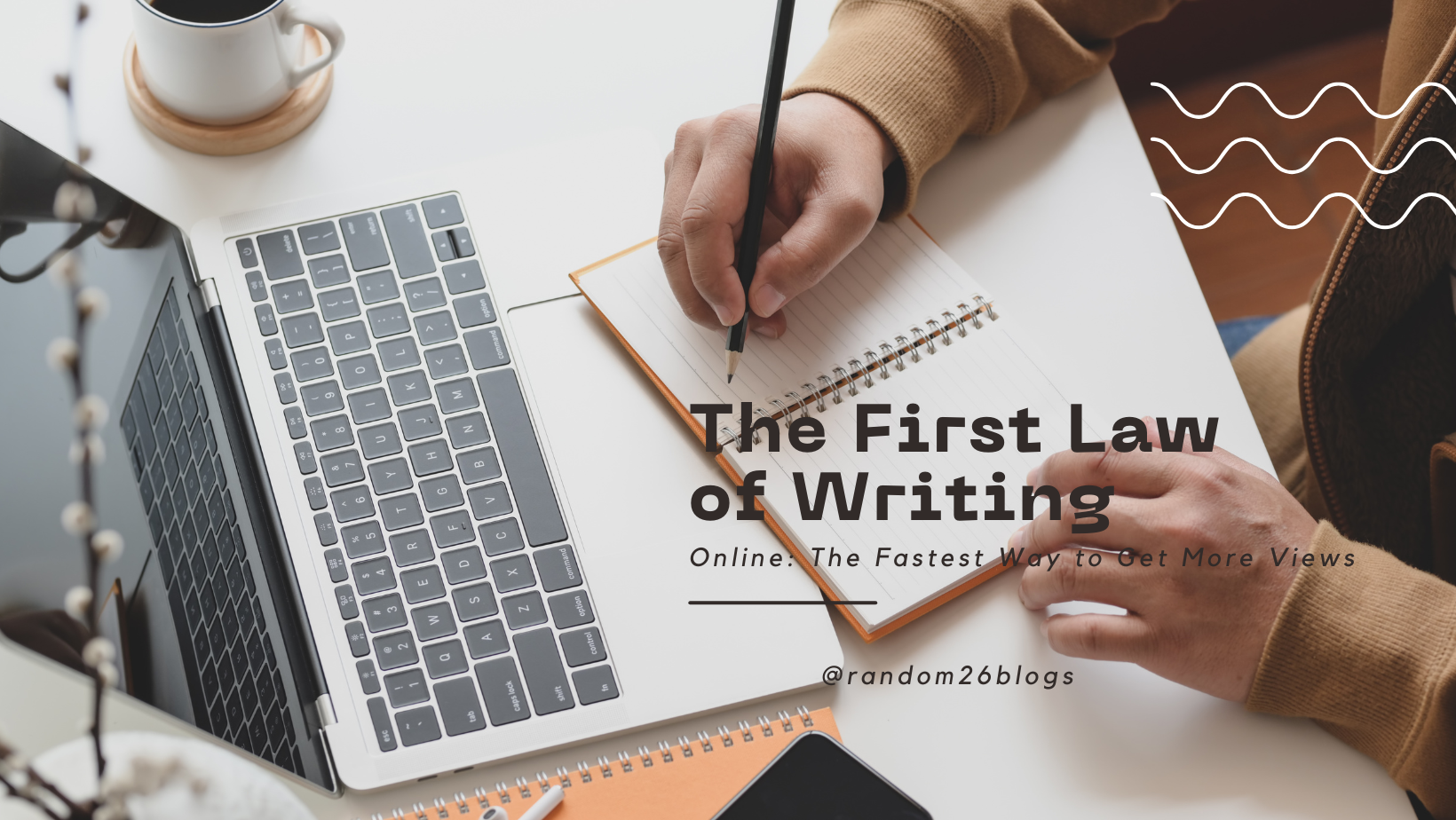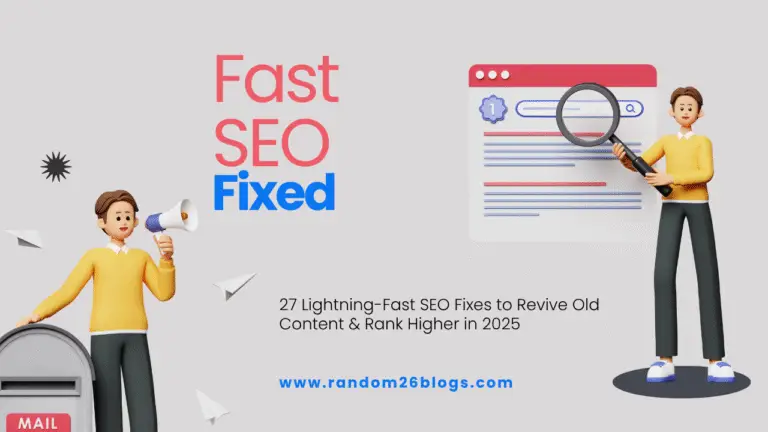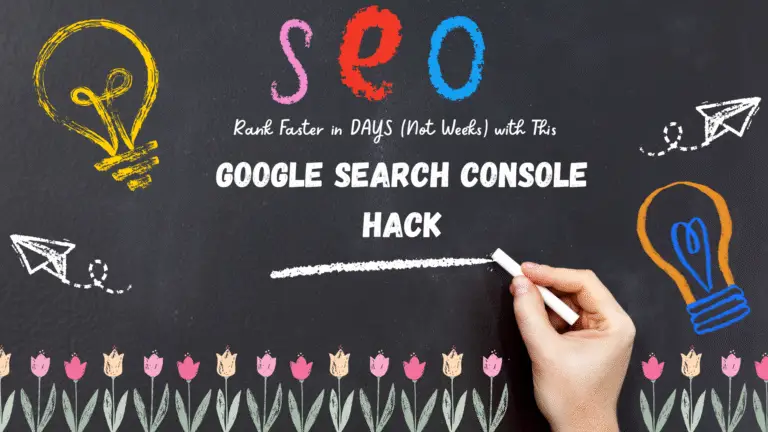
Table of Contents
Apply This When You’re Just Getting Started
When I first began writing online, my articles should have come with a warning label: Word Vomit. Fresh out of college, I wrote like I was turning in essays, packing my paragraphs with everything I knew, assuming that’s what readers wanted. But writing for an online audience is a different ball game, one that requires strategy, clarity, and credibility.
Here’s what I learned along the way about gaining traction and building an audience.
Why Copywriting Matters
Writing online isn’t just about putting words on the page; it’s about understanding your readers’ expectations. Crafting clear, concise, and punchy content keeps readers engaged. Each paragraph, each sentence should have a purpose — no fluff, no filler. Break your ideas into digestible pieces and don’t be afraid to use white space. Simple, direct language connects far better than lengthy prose ever will.
Establishing Credibility (Even Without 1 Million Followers)
Whether you’re reading an article or watching a YouTube video, credibility matters. As a new writer, you might not have the credentials or massive following that naturally builds trust. So how do you earn it? Here’s what worked for me:
- Authenticity Over Authority: Share experiences, insights, and perspectives genuinely. Be transparent with your knowledge and even your limitations.
- Cite Your Sources: Link to reputable sources or studies when you make a claim. Readers are more likely to trust your work if they know where your information is coming from.
- Answer the Reader’s Questions: Readers want to know why your article matters to them — the relevance and value of your information. Address this upfront, making it clear why they should care and what they can gain from your insights.
Learn to Play the Spacing Game
Spacing is one of the simplest tools for keeping an audience’s attention. Large chunks of text can feel overwhelming, especially for online readers who are likely skimming for key points. Use short paragraphs, headings, bullet points, and bolded text to guide readers’ eyes and highlight the most important information.
The Bottom Line: Write Like a Reader
When you’re starting out, focus on writing the way you would want to read online: concise, engaging, and informative. By understanding these basics of online writing, you’re already on the fast track to gaining readers and establishing yourself in the vast online landscape. So, write with intention, and remember: if you wouldn’t read it, your audience probably won’t either.






